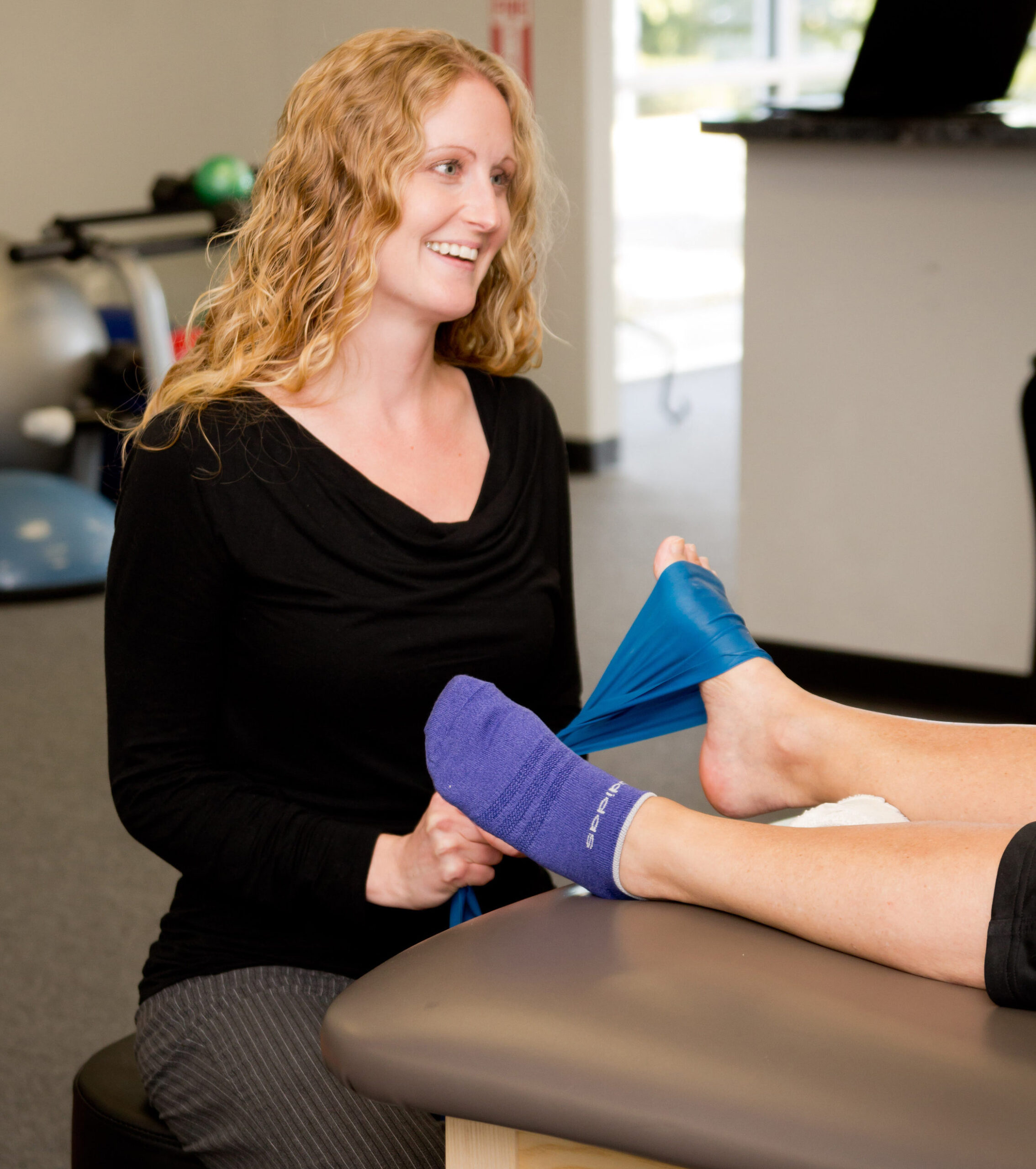The therapist-patient relationship, or alliance, is a critical factor in the success of your treatment plan. Therapeutic alliance refers to the sense of collaboration, warmth, trust, and support between you and your medical provider (physician, physical therapist, etc.).
There are 3 components that contribute to therapeutic alliance.
- The therapist-patient agreement on goals
- Therapist-patient agreement on the treatment plan
- The affective bond between the you and your therapist
Therapeutic Alliance in Mental Health & Medicine
A positive therapeutic alliance is associated with positive mental health outcomes for depression, anxiety, mood, interpersonal problems, and overall psychological well being. Trust is an important factor in the patient-physician relationship.
Your trust in your general practitioner is positively correlated with improved pain, general health, and quality of life. Trust forms the basis for self-efficacy. This in turn leads to improved patient adherence and health outcomes.

In psychotherapy and general medicine, a positive therapeutic alliance is associated with improved treatment results. What about physical therapy?
Physical therapy involves a high level of patient-therapist interaction. You often attend multiple clinic visits per week each lasting 30 to 60 minutes. Therefore, maximizing the therapeutic alliance will positively influence your results in physical therapy.
The Therapist-Patient Relationship in Physical Therapy
A 2010 paper reviewed the research investigating the influence of therapeutic alliance on physical therapy outcomes. Not surprisingly, the researchers found the alliance between the physical therapist and patient had a positive effect on multiple aspects of treatment.
In particular the alliance between the patient and therapist positively correlates
- An improved ability to perform activities of daily living
- Reduced pain levels
- Improved physical functioning
- Decreased depression
- Improved overall health
- Improved patient satisfaction
Therapeutic Alliance & BSR Physical Therapy
In order to maximize the positive impact of the therapist-patient relationship providers must measure and continually seek to improve in this area.
At our Barnegat and Manahawkin physical therapy clinics we utilize the Consultation and Relational Empathy (CARE) Measure to track how well we develop relationships with our patients. Our physical therapists collectively discuss and seek out ways to improve these skills.
We understand the importance of fostering the therapist-patient relationship. If this is something you are seeking in your physical therapist, contact us to get started.

